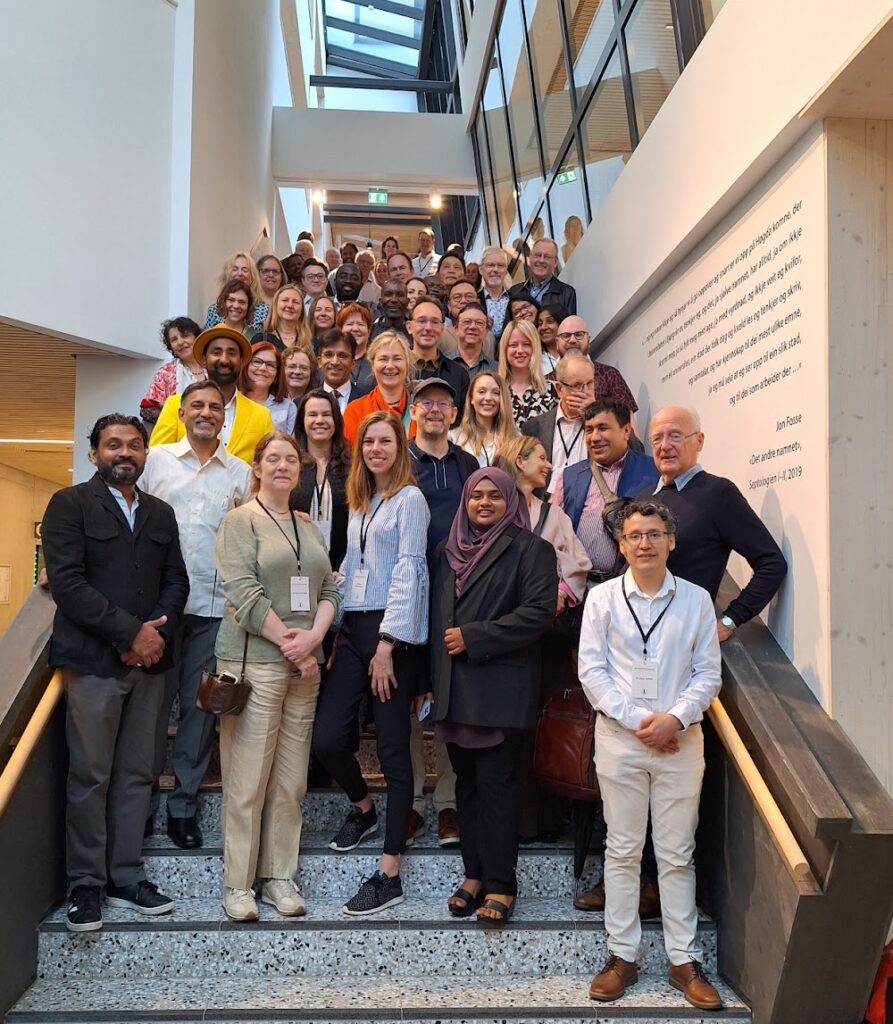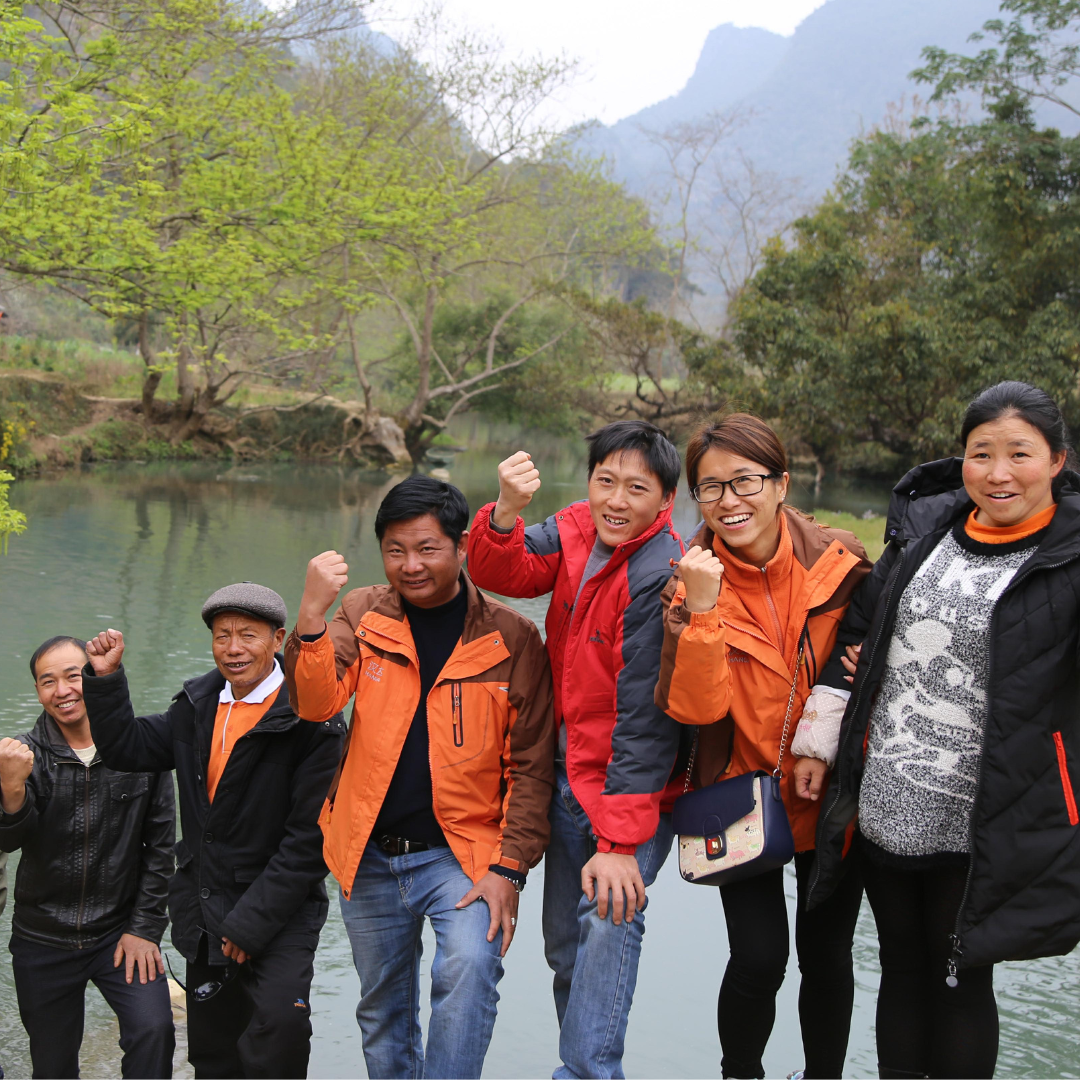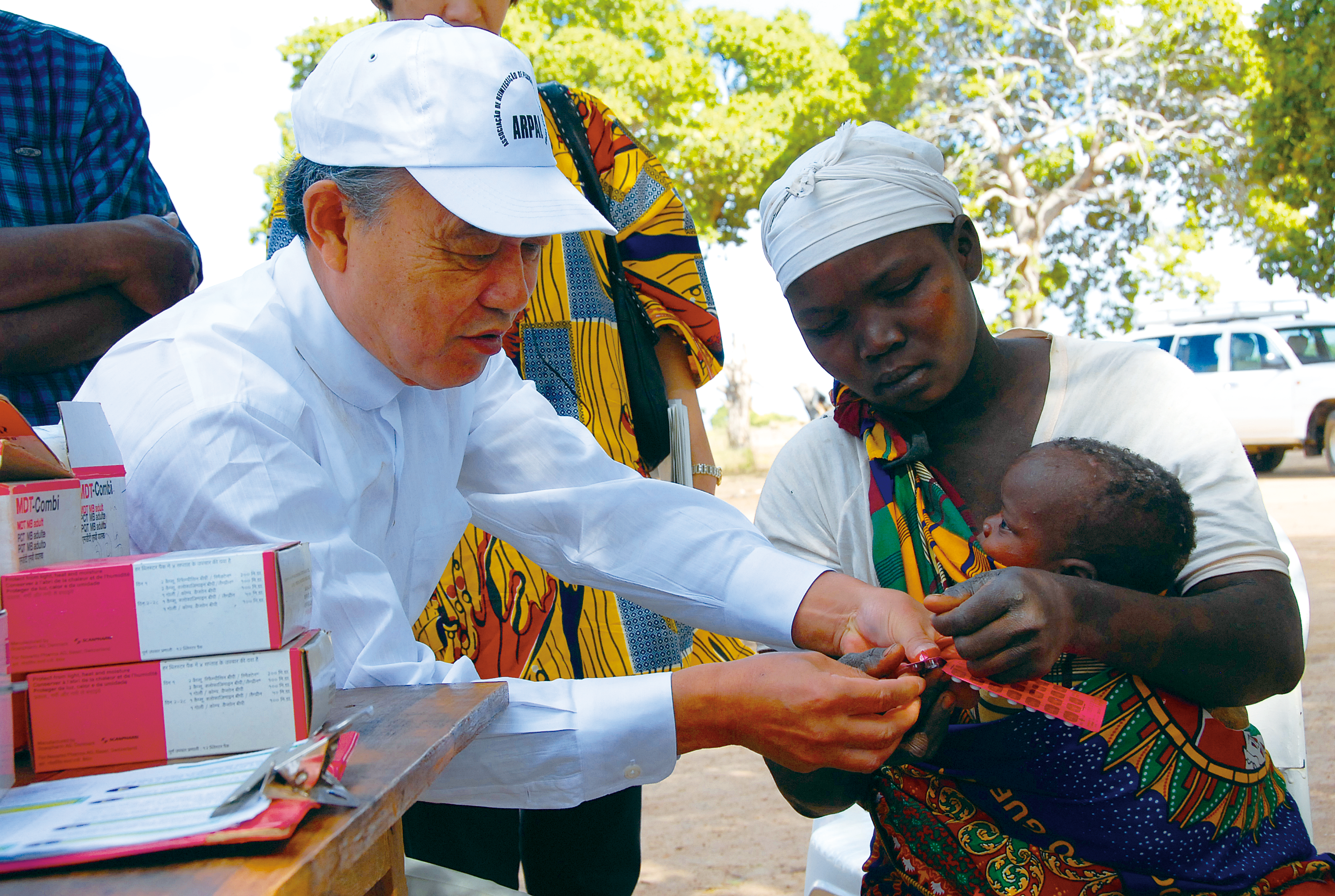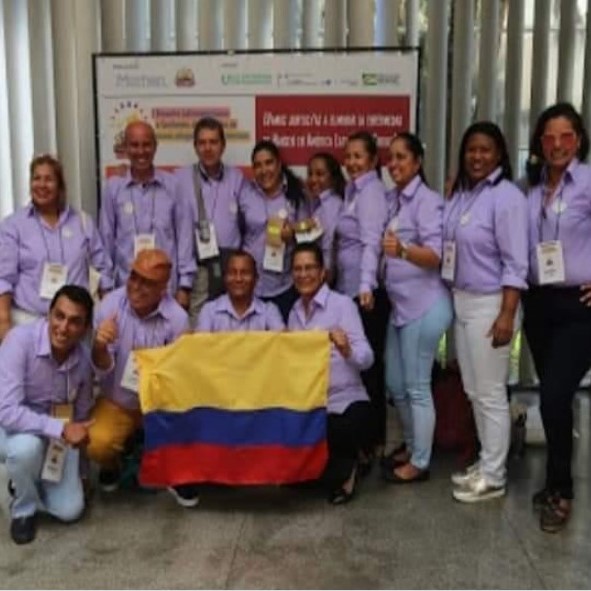
Dr. Alice Cruz
Program Advisor for Human Rights Issues, Sasakawa Health Foundation
Former UN Special Rapporteur on the elimination of discrimination against persons affected by leprosy (Hansen’s disease) and their family members
Dr. Alice Cruz held the mandate for UN Special Rapporteur from when it was first established by the Human Rights Council in 2017 until the end of her second three-year term in 2023.
Last month, in May 2024, I attended the Global Partnership for Zero Leprosy (GPZL) Zero Transmission Symposium to discuss the interruption of Hansen’s disease and take stock of progress made since a similar symposium was held 10 years ago. Based on my field of expertise, I view the problem of transmission from a human rights perspective. Here, I am sharing some of what I noticed in the hope that this perspective will be included in all discussions of ways to prevent transmission.*
The question of how to stop transmission has been at the center of scientific discussions about Hansen’s disease for 150 years. While I acknowledge the vitality of ongoing scientific research regarding this question, I also believe that merely scientific or technical responses are inadequate. Limited allocation of funds by governments and the feeble implementation of adequate policies and strategies by national healthcare systems, especially in remote and marginalized subnational areas, play an important role in transmission – and those issues are of a political nature.
Compared to the symposium held 10 years ago, the participation of three representatives of persons affected by Hansen’s disease marked a step forward in the direction of guaranteeing that persons affected by Hansen’s disease enjoy the right to a voice and choice in discussions about stopping transmission. However, more significant participation from a wider set of their organizations could have been enabled. Partnerships between scientists and persons with lived experience of a specific disease have proven to be successful in other fields, and I am convinced that organizations of persons affected by Hansen’s disease have a big role to play in research, policy-making, and accountability.
I consider the inclusion of social determinants of Hansen’s disease in the program to be another step forward. The symposium showed that more efforts are required for understanding the mechanisms through which the denial of economic and social rights, such as access to decent housing, clean water, and a minimum standard of living, contribute to transmission.
The symposium pinned most of its hopes for progress on post-exposure prophylaxis (PEP) – specifically, single-dose rifampicin post-exposure prophylaxis (SDR-PEP).It is of the essence that PEP’s implementation is guided by international human rights law in order to avoid any potential double standards. There are legal provisions in regards to the right of access to information and informed consent that should be duly guaranteed. Organizations of persons affected by Hansen’s disease can play a very important role in human rights monitoring of PEP programs.
Lastly, while I respect that “zero transmission” was symposium’s topic, I cannot help but wonder if discussions about stopping transmission should not also include deeper consideration of how to guarantee the continuum of care (including, among other things, adequate treatment of reactions; monitoring of nerve damage during medical treatment and after bacteriological cure; access to secondary and tertiary care; provision, free of charge, of assistive devices; rehabilitation and reconstructive surgery) as the latter should not be sidelined while the goal of stopping transmission has not been reached.
Echoing what I have been hearing from persons affected by Hansen’s disease for many years, I would like to leave readers with the following question: Do we know enough about how to stop human suffering associated with Hansen’s disease? Perhaps, in the future, there could be a symposium to discuss this question.
*All opinions expressed in this article are my sole responsibility.










